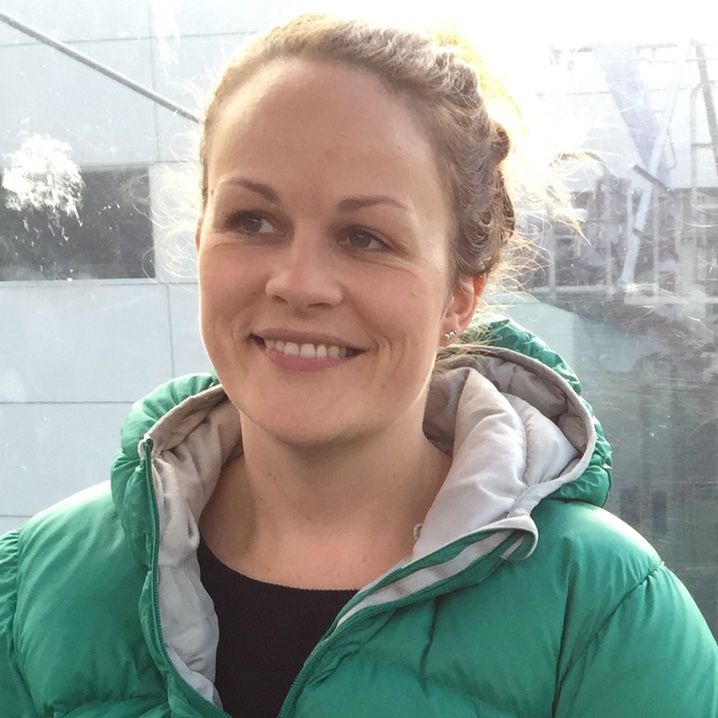Abstract:
I te Tīmatanga/In the Beginning: An Intertextual Reading of Hine Tītama and Eve
In Māori theological traditions, there are a series of pūrākau (ancient stories) about humanity. Here we engage specifically with the story of the first human being – a woman named Hine-tītama. Her story originates in the creation narrative of her mother Hine-ahu-one and her father Tāne. Upon learning that her partner (and the father of her child) was in fact her own father, Hine-tītama experienced such shame that she fled to Rarohenga (the nether-world) and took on the identity of Hine-nui-te-Pō. Later in her narrative, Hine-nui-te-Pō encountered the trickster, Māui-pōtiki, whom she crushed to death after he attempted to achieve immortality at her expense. In killing Māui, Hine-nui-te-Pō introduced mortality for all humanity forever.
This paper is an intertextual reading of Hine-tītama/ Hine-nui-te-Pō and the biblical character, Eve (Gen 2-3), focusing in particular on their respective histories of reception. While there are not exact correspondences between these two women, we will argue that there are a number of intertextual resonances between their stories. Each woman, for example, is understood as the first human being and is characterised as the mother of the human race. And yet, each woman also makes a fateful decision that will usher new kinds of knowledge into the world and ensure that death is a reality for mortal beings on earth. What is more striking, however, is the way in which these women have been similarly vilified by generations of interpreters for their choices and actions. Both Hine-tītama and Eve have come to be reviled through an association with sex, danger, and death. They are the quintessential image of the femme fatale and their characterisation in these terms is often transferred to become a characterisation of all women.
Having read the stories of Hine-tītama and Eve in light of each other, we will conclude our paper by resisting the patriarchal/colonial depictions of these women and offering an alternative interpretation, which reframes their choices and actions as considered, courageous, and ultimately beneficial for humanity. In reframing these narratives in this way, we seek to reclaim these women as figures who model strength, bravery, resilience, intelligence, and compassion for contemporary women (and indeed people of all genders) in Aotearoa and Oceania.
Profile:
Dr Emily Colgan is Manukura/Principal at St John’s Theological College/Te Whare Wānanga o Hoani Tapi te Kaikauhau i te Rongopai in Auckland, New Zealand.
Her research focuses on the relationship between the Bible and contemporary social imaginaries, asking about the ways in which biblical texts inform communities in the present. Emily is particularly interested in ecological representations within the Bible and what it means to read Scripture in the context of climate change.
Emily is currently working on an ecological commentary of the Book of Jeremiah for the Earth Bible Commentary series (Bloomsbury) and recently co-edited the Routledge Companion to Eve (2023) with Caroline Blyth.

